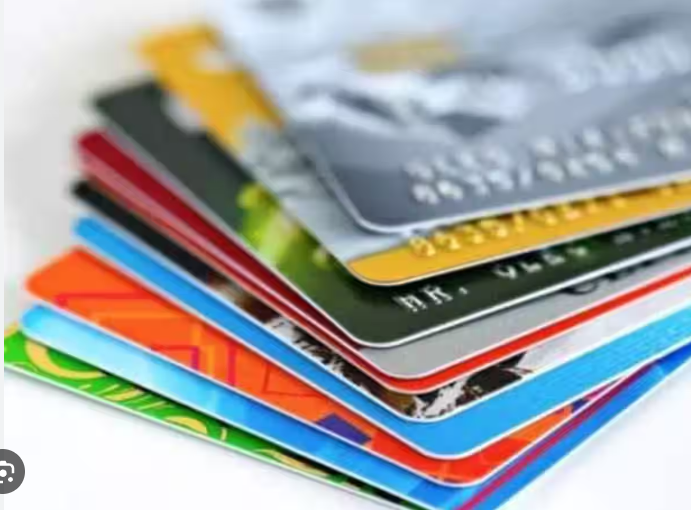Table of Contents
Introduction
In the digital age, the convenience of online shopping and transactions is unmatched. However, this convenience comes with its own set of risks, particularly when it comes to the security of your credit card information. Whether you’re a frequent user of an Airtel Axis Credit Card or any other type of credit card, understanding how to protect your information online is crucial. Here’s an ultimate guide to keeping your credit card safe in the digital world.
Be Aware of Phishing Scams
Recognise Suspicious Emails and Messages
Phishing scams often come in the form of emails or messages that mimic real companies. They may ask you to provide sensitive information, like your credit card details. Always verify the authenticity of such communications before responding.
Avoid Clicking on Suspicious Links
Never click on links from unverified sources. These could lead to fake websites designed to steal your credit card information.
Use Secure Connections
Avoid Public Wi-Fi for Transactions
Public Wi-Fi networks are not secure and can be easily compromised. Avoid using these networks for any financial transactions or when entering credit card information.
Look for HTTPS on Websites
Before entering your credit card details, ensure the website’s URL begins with ‘HTTPS’ – the ‘S’ stands for secure. This means the data you enter is encrypted.
Keep Your Devices Secure
Install Security Software
Ensure your computer and mobile devices have up-to-date antivirus and anti-malware software. This can prevent malicious software from stealing your credit card information.
Keep Your Operating System and Apps Updated
Regularly update your operating systems and applications. Updates often include security patches that protect against new threats.
Manage Your Credit Card Information Wisely
Be Cautious with Your Credit Card Information
Only provide your credit card information on trusted websites. Be wary of storing your credit card details on multiple sites.
Use Strong, Unique Passwords
Use strong and unique passwords for your online accounts, especially for accounts where your credit card information is stored. Consider using a password manager to keep track of your passwords.
Monitor Your Credit Card Activity
Regularly Check Your Credit Card Statement
Regularly reviewing your credit card statement can help you spot any unauthorised transactions. Immediately report any suspicious activity to your bank.
Set Up Alerts
Many credit card issuers, including those for Airtel Axis Credit Cards, offer the option to set up alerts for transactions. This can be an effective way to monitor your card’s usage in real-time.
Use Additional Security Features
Enable Two-Factor Authentication
Wherever possible, enable two-factor authentication (2FA) for your online accounts. This adds an extra layer of security beyond just a password.
Consider Virtual Credit Cards
Some issuers offer virtual credit cards – these are temporary card numbers that can be used for online transactions, protecting your actual card number.
Be Informed
Understand Your Credit Card’s Security Features
Familiarise yourself with the security features offered by your credit card. For example, Airtel Axis Credit Cards may have specific safeguards in place that you should be aware of.
Educate Yourself on Credit Card Security
Stay informed about the latest security threats and how to protect yourself. Many banks provide resources and tips for their customers.
Conclusion
Protecting your credit card online requires attention and an understanding of the potential risks. By being cautious about phishing scams, using secure connections, keeping your devices secure, wisely managing your credit card information, monitoring your card activity, utilising additional security features, and staying informed, you can significantly reduce the risk of credit card fraud. Remember, it’s not just about protecting your money but also safeguarding your personal information and maintaining your financial health. Stay alert and stay safe.

